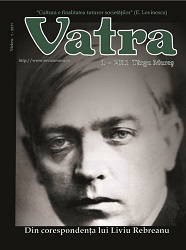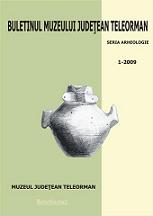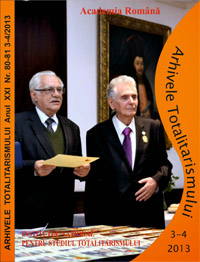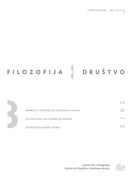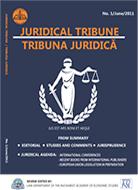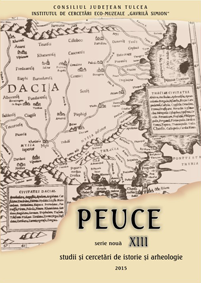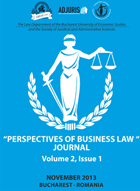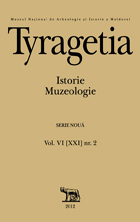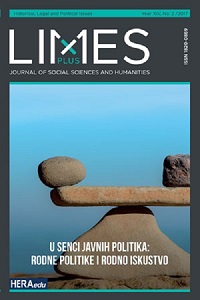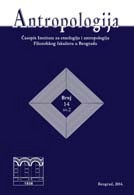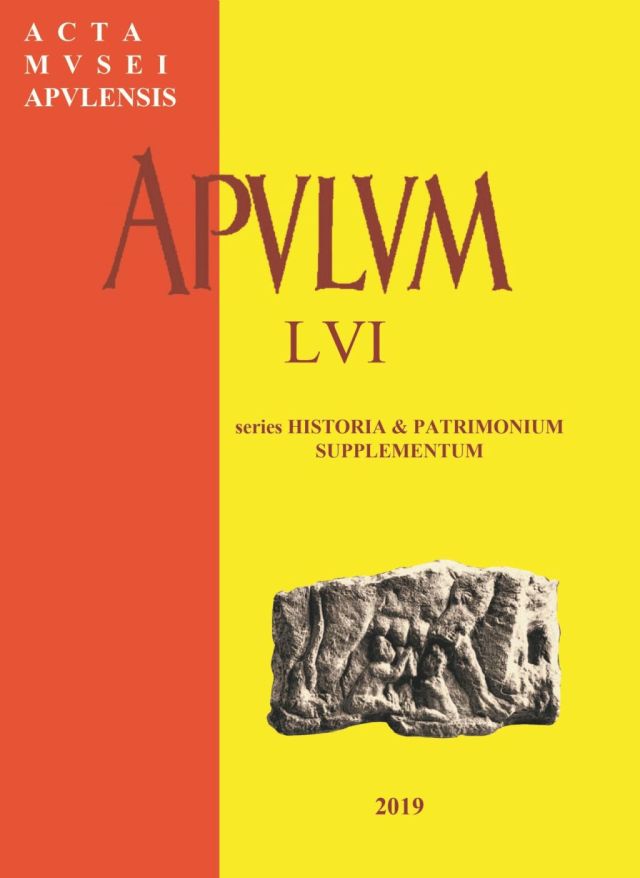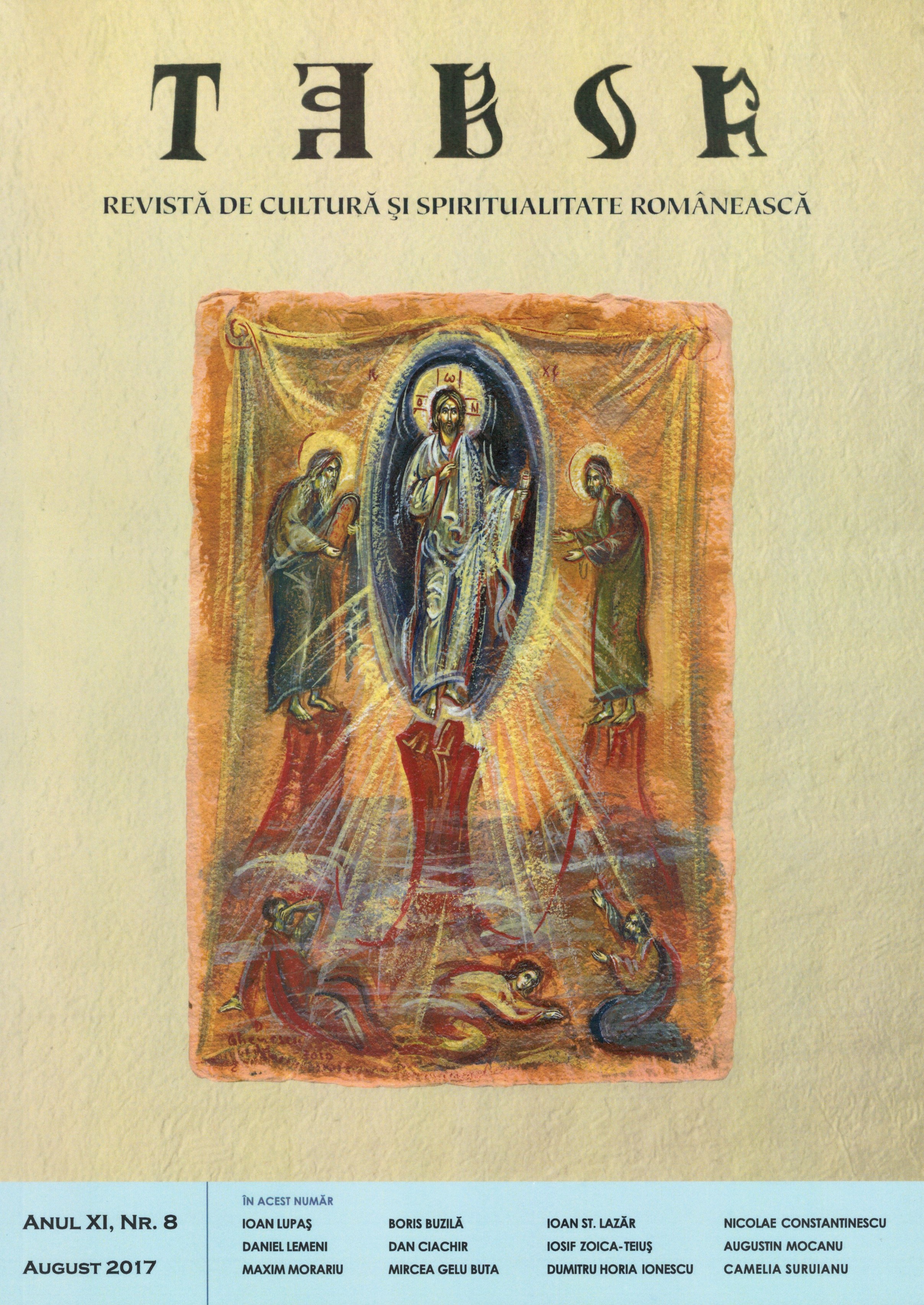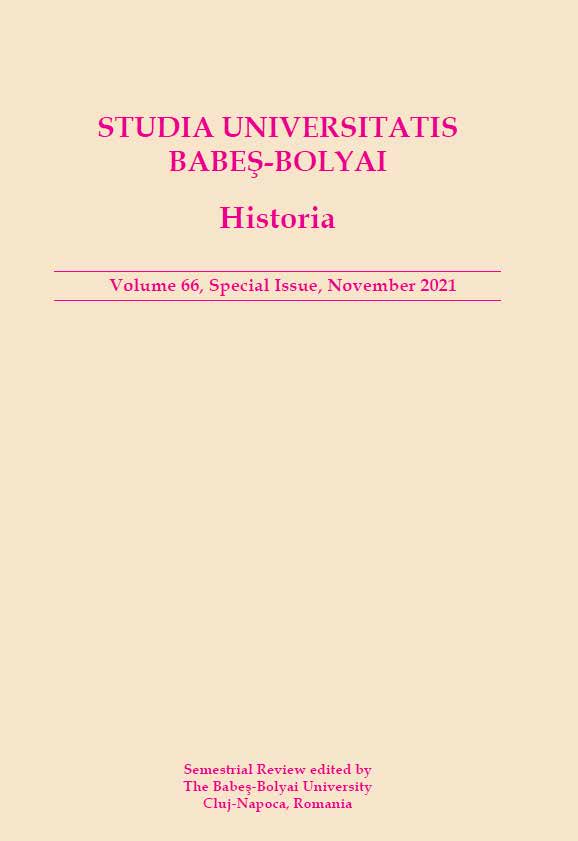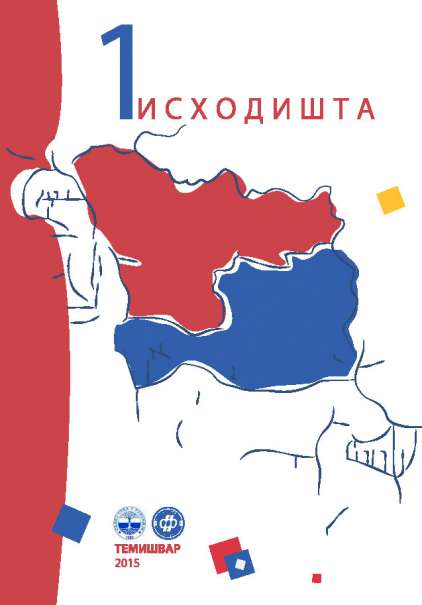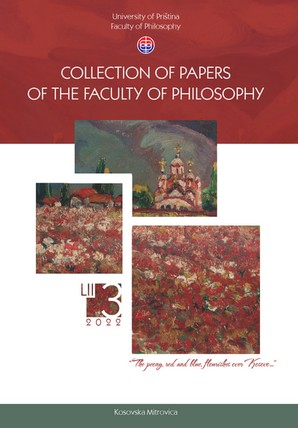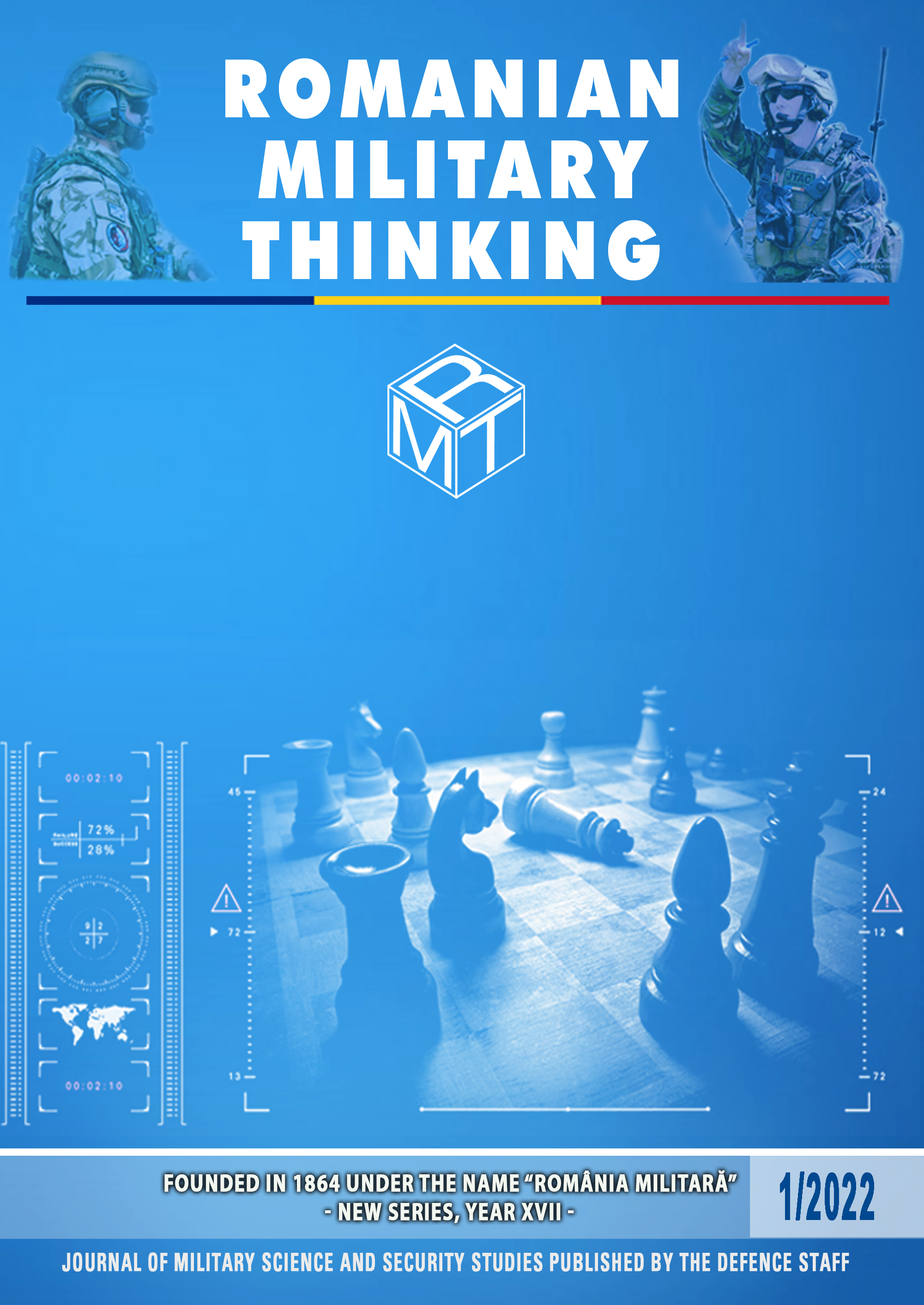VISUAL ELEMENTS IN BUSINESS COMMUNICATION
VISUALISIERUNGEN IN DER WIRTSCHAFTSKOMMUNIKATION
Keywords: LSP (Business German); visual literacy; “logic images”; reproductive-productive language abilities
In the present-day living and working environment, visual literacy for business communication has become an important FLT-goal. Since LSP aims at preparing the FL learners for communication challenges and problem solving, as H.J. Krumm puts it, the paper starts with the general issue of visual literacy (with the specificity of LSP-relevant visualizations), and then discusses the didactic utility of graphs and charts in the class of the so called “logic images”. Thus the focus lies on the “language of statistics” in relationship with these laconic information displayers/conveyors, employed in various situations of information transfer. Purpose and ways of making use of visualizations in LSP (here Business German) obviously depend on their didactic function as stimuli/aids in oral/written communication. With “logic images” the problem of a double-coded communication is tackled, to which the L2/L3-foreign language learner are exposed firstly and mainly at instrumental level. Here these information carriers and visual aids prove to be useful in the strategic domains of vocabulary acquisition and (to a certain extent) text genres. With meaningful learning tasks, they can also help build up mainly beginners’ level reproductive skills, while for higher levels an expanded language awareness can be considered.
More...
